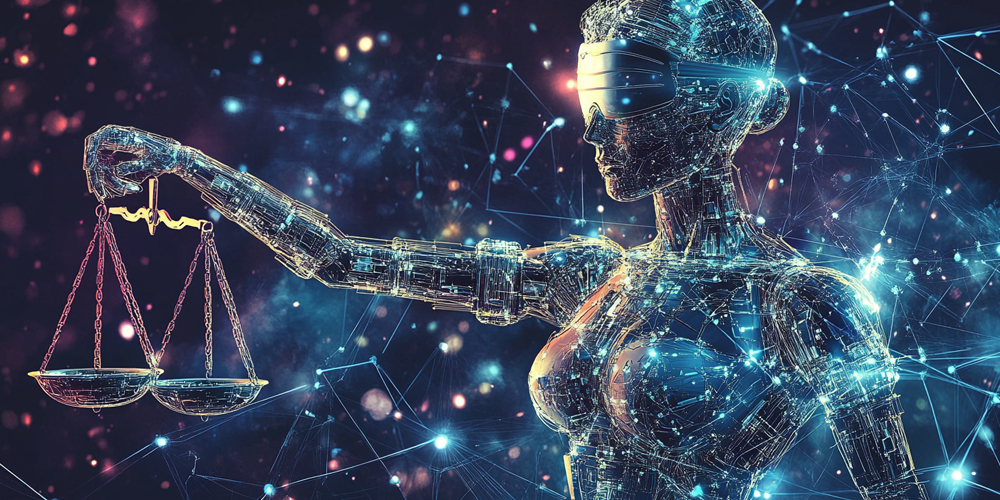Navigating the Ethical Landscape of Artificial Intelligence
Artificial intelligence (AI) is transforming our world dramatically. As we embrace its capabilities, we must also consider the ethical implications of its use. This article explores the ethical landscape of AI, examining key issues and suggesting ways we can promote responsible development.
Understanding the Basics of Artificial Intelligence
Before diving into the ethical considerations, it’s essential to understand what artificial intelligence encompasses. AI refers to computer systems that perform tasks typically requiring human intelligence. These tasks include recognizing speech, making decisions, and translating languages.

The Evolution of AI
The journey of AI began in the 1950s. Since then, it has grown exponentially. Today, AI technologies operate in various sectors, from healthcare to finance. This rapid growth raises questions about their role in society. As we advance, we must examine how these technologies affect our lives.
The Importance of AI Ethics
Ethics in AI has become a critical topic. As organizations deploy AI systems, we must ensure that these technologies do not perpetuate biases or cause harm to individuals or society. It is crucial to establish guidelines that govern the ethical use of AI.
Key Ethical Issues in AI
There are several ethical issues to consider:
- Bias and Fairness: AI systems can reflect existing biases in training data. This reflection can lead to unfair treatment of individuals based on race, gender, or socioeconomic status.
- Accountability: When AI systems make decisions, it can be challenging to assign accountability. Who is responsible when an AI system makes a mistake? Determining accountability is essential for trust.
- Privacy Concerns: AI systems often rely on vast amounts of data. This reliance raises concerns about data privacy. How is personal data used, and how can individuals protect their information?#EthicalAI #ArtificialIntelli
Promoting Responsible AI Development
To navigate the ethical landscape, we can adopt several strategies:
Establishing Ethical Guidelines
Organizations should develop ethical guidelines for AI development. These guidelines can serve as a framework for responsible practices. They should emphasize fairness, transparency, and accountability.
Investing in Bias Detection
By investing in bias detection tools, organizations can address issues proactively. Regular audits of AI systems will help identify and mitigate potential biases in decision-making processes.
Enhancing Transparency
Transparency is vital to building trust in AI systems. Developers should aim to make AI algorithms understandable. This understanding allows users to comprehend how decisions are made.
The Role of Government and Regulation
Governments play a critical role in regulating AI technologies. Effective regulation should aim to protect citizens while encouraging innovation. Collaboration between stakeholders can lead to comprehensive policies that address ethical concerns.
Creating a Legal Framework
A legal framework is essential for guiding AI development. This framework should outline rights related to AI use and establish clear repercussions for violations. It must evolve alongside technological advances.
Conclusion
The ethical landscape of artificial intelligence is complex and multifaceted. As we continue to integrate AI into our lives, it’s crucial to address these ethical implications proactively. By establishing clear guidelines, promoting transparency, and enhancing bias detection, we can navigate this landscape responsibly.
Ultimately, the goal is to create AI systems that serve humanity positively. Through collective efforts, we can ensure that AI remains a tool for good.





